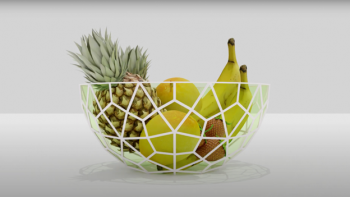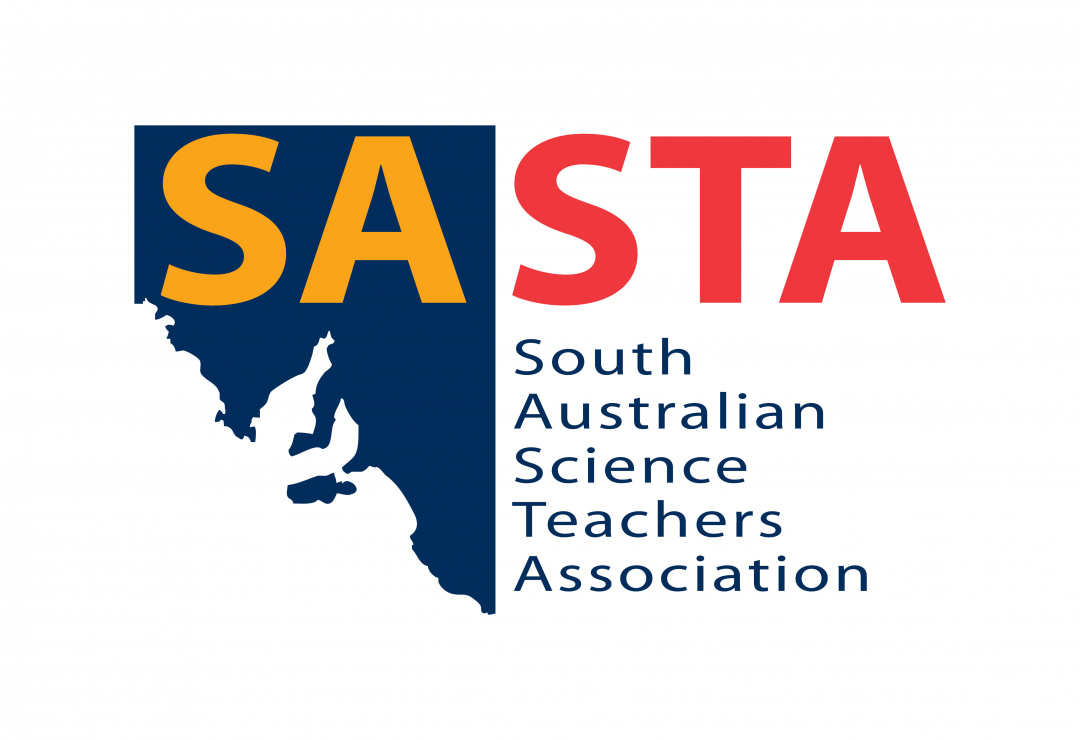Posted by SASTA
on 14/10/2024

“What will we be eating in the future?”
This has been a question often put to our team and collaborators at Post Dining, ever since we started exploring themes of ‘future foods’ in our work. Post Dining is a creative production company working at the intersection of food, art, and science. Our most recent endeavour has been to adapt one of our theatre productions—Eating Tomorrow—into a suite of educational workshops exploring future foods and food security. Therefore, you might expect us to have a clearer answer to the above question - what will the future taste like? There are plenty of reasons to advocate for an increase in edible insect consumption (they’re versatile, tasty AND nutritious), or scientific feats such as lab-grown meat (ethical meat consumption, yes please!). However, since spending the last few years diving into potential future outcomes only one thing has become crystal clear, and that is that any answer to this question is always incredibly complex.
Our fascination with future foods began in 2016 when we were commissioned to design four food experiences for a conference at the South Australian Museum as part of the Open State Festival. The conference was led by futurist Kristen Alford (who has since gone on to found MOD. Museum) and focused on a project called Future Conversations - a discussion amongst scientists and researchers about what Australian society might look like by the year 2050. The result of Future Conversations was the development of four archetype scenarios which included continuous growth, scarcity of resources, disaster/collapse, and transformative thinking. At first glance, these are presented as four ultimately separate scenarios. However, we soon began to learn that in practicality these futures almost always interconnect, contradict, and push each other in a multitude of different directions. In sum, they are an infinite source of inspiration and served as the foundation for our theatrical production of Eating Tomorrow, and subsequently our Future Food Workshops.

These four scenarios serve as an incredible jumping-off point for exploring often sticky conversations around climate change that might otherwise leave people feeling disempowered and anxious about the future. As artists and educators, we can engage audiences with difficult issues in an accessible and empowering way, illuminating hopeful perspectives and pathways toward positive outcomes, while not shying away from the hard stuff. Our workshops are designed to actively engage students in imaginative thinking, using storytelling to immerse students in potential futures and actively take part in discussions and design thinking.
When you open up the (literal and metaphorical) can of worms that is the future of our food production, you begin to see how future scenarios are incapable of moving in isolation from the other. This opens up far more interesting questions beyond what we will be eating in the future, and through broadening our perspectives begins to investigate questions that are a little more specific. When exploring a growth scenario you might begin to ask questions such as: “Does a growth future for some ultimately result in a scarcity or disaster scenario for others?”, or “Can edible insect consumption actually succeed if the market doesn’t embrace it?”. Or perhaps you are fascinated with imagining the extent of high-tech food design, before realising there is an equal amount of fascination to be learned through exploring the possibilities of unconventional, resilient, and nutrient-rich foods like edible weeds, seaweed or native foods. And when we engage with the concept of a transformational future, we are forced to think deeply about the kind of future we ourselves want to be moving towards. This question in particular forces us to engage with the future food discussion from a deeply personal point of view, and involves having to ask ourselves questions about our own core values.
Since taking our Future Food Workshops into schools we are endlessly delighted by the engagement and imagination of participating students. In the final activity of our workshop, we ask students to think about what kind of future they themselves want to be moving towards. The resulting concepts for transformative design in the food production system are as varied as they are bizarre, thoughtful, and ingenuous. While we may not have a crystal ball vision of what the future holds, one thing we can be sure of is that the future will be made by the actions of those in the present and the questions we ask ourselves as we move from one day into the next, and that all sounds pretty tasty to me.

Post Dining Bio
Marrying food with the creative arts, Post Dining produces award-winning, innovative forms of entertainment and education designed to engage all the senses. We use food to create connection; to challenge thinking and to evoke emotions in a playful and delicious way.
Our Future Food Workshops facilitate scenario-based exploration into alternate food futures. We use audio, video, imagery, food tastings, discussion, drawing and interactive digital technology to inspire students to build a meaningful relationship with food and the environment. For more info see our website: https://www.post-dining.com/education
 Steph Daughtry Bio
Steph Daughtry Bio
Steph is a multidisciplinary artist and Co-Artistic Director of creative production company Post Dining. Steph is currently completing her PhD at the University of South Australia, exploring the intersection of creative labour and cultural policy.
In this Section
Archive
- February 2026
- January 2026
- December 2025
- November 2025
- October 2025
- September 2025
- August 2025
- July 2025
- June 2025
- May 2025
- April 2025
- March 2025
- February 2025
- January 2025
- December 2024
- November 2024
- October 2024
- September 2024
- August 2024
- July 2024
- June 2024
- May 2024
- April 2024
- March 2024
- February 2024
- December 2023
- November 2023
- October 2023
- September 2023
- July 2023
- June 2023
- May 2023
- April 2023
- March 2023
- February 2023
- January 2023
- December 2022
- November 2022
- October 2022
- August 2022
- July 2022
- June 2022
- May 2022
- April 2022
- March 2022
- February 2022
- January 2022
- December 2021
- November 2021
- October 2021
- September 2021
- August 2021
- July 2021
- June 2021
- May 2021
- April 2021
- March 2021
- February 2021
- January 2021
- December 2020
- November 2020
- October 2020
- September 2020
- August 2020
- July 2020
- June 2020
- May 2020
- April 2020
- October 2018
- September 2018
- August 2018
- July 2018

